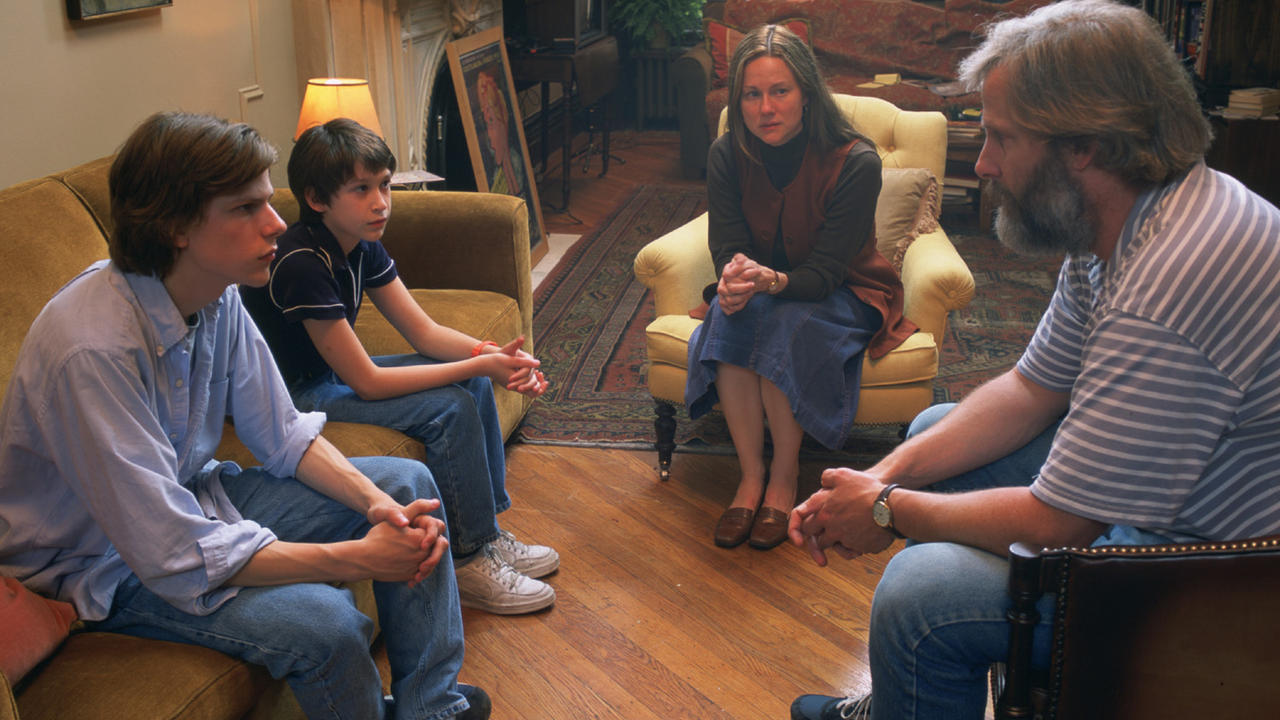|
The following interview is conducted with a young woman in her early 30s who works in finance. Below are her thoughts about her parents' divorce and how it affected the way she views life.
1) How did your parents' divorce in your teens affect how you think about money? My parents' divorce was perhaps the biggest influence in shaping my perspectives about money, and subsequently my career. Seeing the chaos at home while my parents were together, and later as my mother returned to the workforce as a single parent, instilled in me a profound fear of repeating these same patterns. The financial stress (real or perceived) was pervasive and touched each purchase, making even family vacations guilt-inducing rather than truly relaxing or bonding. I remember growing up with an arbitrary sense of scarcity, and the notion that every single purchase, ranging from grocery store shopping to clothing to dinners out, came with immense guilt. There was no line between spending with freedom and purpose, and buying things "we couldn't afford". Post-divorce, this mentality continued and was compounded by my mom's reliance on alimony after an acrimonious split. She was not independent, free, or self-sufficient, and was instead tethered to an ex-husband who resented her. She had to fight for each payment, and struggle to maintain employment in a competitive workforce that she had left years ago. Besides illustrating the vulnerability of non-earners in single-income households, the divorce also refined my perception of gender roles and brought the disparity into focus. My mom was a devoted caretaker and manager of the household: we had freshly laundered towels every single day, homemade french toast for breakfast, and were routinely and punctually driven to school, appointments, and activities by my mom. She was involved in the PTA and served as a dutiful biographer of the family, always with a camera in hand to snap photos for the yearly scrapbooks documenting our lives. These were the activities that filled her time in place of the full-time job she had before choosing to stay at home and raise the children. In the divorce, my mom received alimony and child support, calculated on variables such as duration of the marriage, age of the children, and earning capacity. Quality of care-taking was not a factor in determining a fair settlement for my mom, and it was disheartening to see how little value is tangibly ascribed to "home production" activities. As the sole earner, my dad held most of the power. While divorce is not predictable, I saw these financial challenges as issues that could have been avoided with preparation and foresight. I decided that I did not want to live the way my mom did, and I would do everything I could to prevent that. Independence became a virtue and a mindset - if I wanted a house someday, it would be wise to expect to pay for it myself - and I decided that I was responsible for crafting the life I wanted. No one else could necessarily be relied upon to deliver that permanently. Sentiments and life circumstances change, and I can envision myriad outcomes and ways to be prepared. My perspective is not bleak or antithetical to romance, however; I see a potential partner providing emotional fulfillment and companionship, and am not expecting my material needs to necessarily be provided for. This is the privilege of self-sufficient individuals - we can search for partners we want, not partners we need. 2) How did that impact what you ultimately decided to do, career-wise, post-college? My parents' relationship with money influenced how I thought about careers even before they technically separated (when I was 15). I saw them argue about finances and purchases frequently, and there was an overall attitude of "never being able to afford anything", except when my parents chose to spend. It was a confusing, contradictory, and seemingly arbitrary approach to spending the created tension in the household and became a main focal point of daily life. Observing the consistent stress, attention, and energy my parents spent on finances, I decided at around age 13 that I never wanted to feel so constricted by money in my own adult life. I wanted the freedom to spend without crippling guilt or devoting overwrought attention to budgeting, so a career in business or law seemed like a good path. I started college with the intention of being a lawyer, and planned to major in economics and business and minor in rhetoric. I loved the material, and particularly took to analytical courses in economics and statistics. When I learned about the field of investment banking in sophomore year, the nature of the job (analytical, rigorous, quantitative) and the pay made it seem like a good post-undergrad career. I wanted to be financially independent as soon as possible, and entering investment banking allowed me to do that right away. I feel lucky that I enjoyed the field enough to want to stay in finance. While I enjoy my job, earning the type of income where I do not have to stress about finances the way my parents did certainly makes me appreciate the job even more. Earning that level of income is not sufficient for devoting oneself to a career (for me), and it's perhaps not really absolutely crucial compared to having passion for my career, but it is something I greatly appreciate. 3) When you look back at the divorce, how do you think that shaped you as a person? The divorce definitely reinforced the value I place on independence and self-sufficiency, and also probably contributed to my ambition. Seeing that a marriage does not necessarily provide security shattered an illusion that many young people hold, I think. That experience adds dimension to how I imagine the downside, and it allows me to prepare accordingly. For example, I would like to have a relationship and family, but I also plan to stay in the workforce throughout that. I can vividly imagine a scenario where my partner changes in ways I could not foresee and decides he does not want the life we built together anymore, perhaps when the kids are in junior high or high school. If that were to happen, and I had to rely solely on alimony and child support, that would add a layer of stress to an already challenging life event. This scenario played out in my family, and I saw my mom leave her job to raise my brother and me as children, and then be forced to re-enter the workforce much later and compete in a different employment landscape. Her struggle and the tension arising from spousal support disputes were acutely painful, and I hope that remaining in the workforce helps mitigate any risk that I face those financial challenges in the future.
Comments
|
What is this?
An anthropological look at how people think about money. Created and edited by Star Li. Archives
December 2022
Categories
All
|


 RSS Feed
RSS Feed